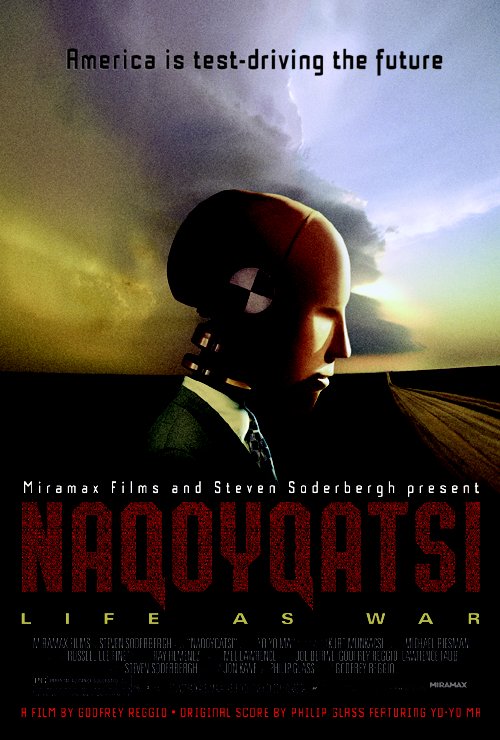Cosmicomics

Italo Calvino
1965
Summary:
Each chapter of Cosmicomics begins with a blurb which sounds like the dry, tasteless extract of a physics, astronomy or geology textbook, describing how solar systems formed from nebula, the universe started from a point smaller than an atom, the orbit of the moon changed long ago, dinosaurs became extinct, space is curved, expands, etc. On each of these topics, our narrator, Qfyfq, immediately launches. His idiosyncratic voice, omniscient, blithering, self-centered, unerring, ridiculous, is recognizable, exactly consistent, no matter if he is talking about his life as a mollusk, a dinosaur, a moon-being before color, or life before there was form, when the whole family lived on a nebula, or in the point before space.
Most of Qfyfq’s friends and relatives have unpronounceable names. Xlthlx, Rwzfs, Mrs. Vhd Vhd, the beloved Mrs. Ph (i) Nk0 (actually a special typeset must have been developed, now that I think about it, since my keyboard doesn’t have all the options necessary to even write these names), Z’zu, De XuaeauX, etc. However, they, and he, have distinctly human foibles (neuroses, competitiveness, love triangles, gambling, boredom, incomprehension of their bodies and environment), although in most cases they are not human. And while Qfyfq tells tales of many different lives, seemingly beginningless, which seem to imply transmigration and transformation, all mention of death and birth is conspicuously absent.
about book:
Cosmicomics is a book of short stories by Italo Calvino first published in Italian in 1965 and in English in 1968. Each story takes a scientific “fact” (though sometimes a falsehood by today’s understanding), and builds an imaginative story around it. An always extant being called Qfwfq narrates all of the stories save two, each of which is a memory of an event in the history of the universe. Qfwfq also narrates some stories in Calvino’s t zero. All of the stories in Cosmicomics, together with those from t zero and other sources, are now available in a single volume collection, The Complete Cosmicomics (Penguin UK, 2009).




























